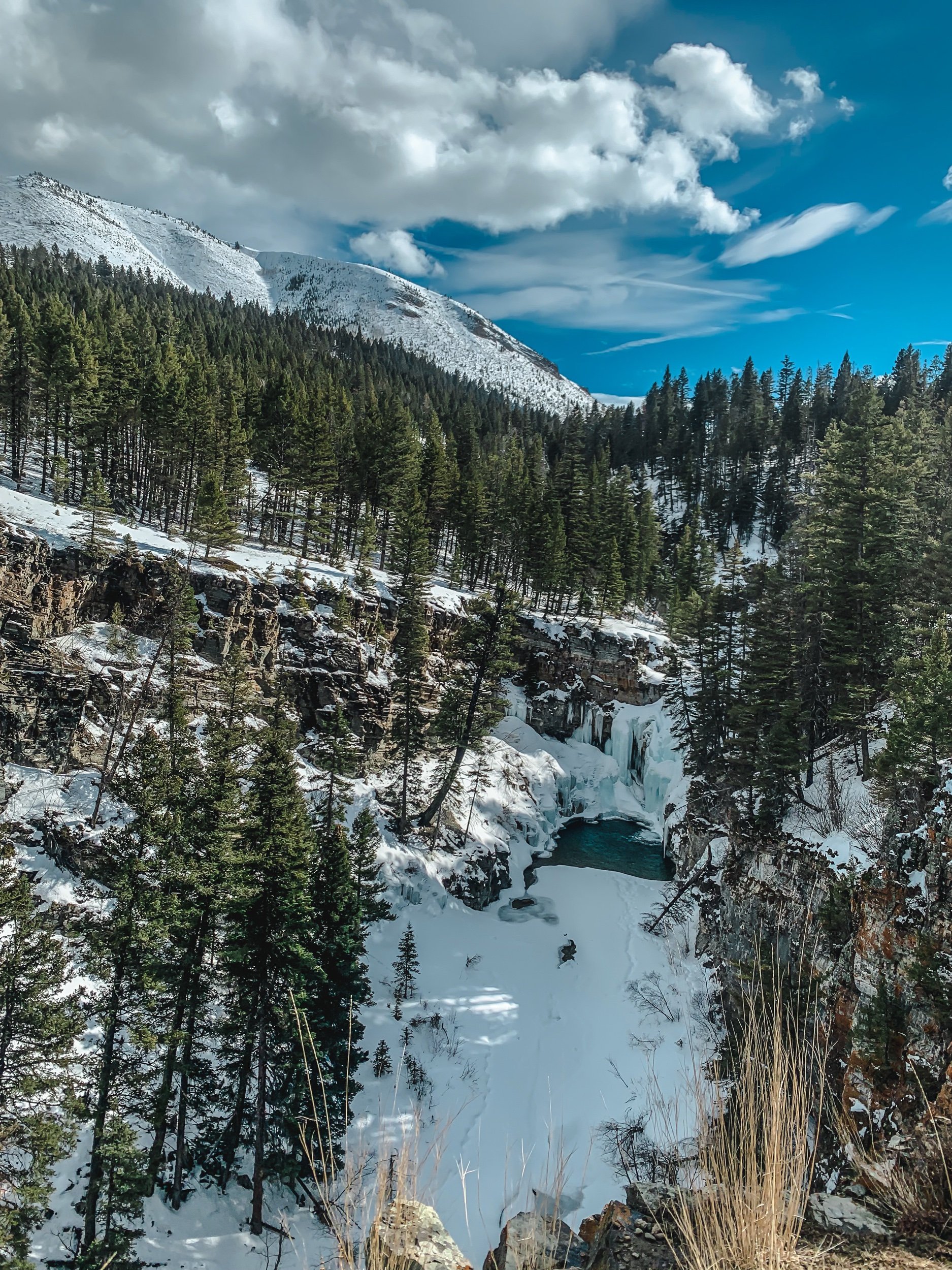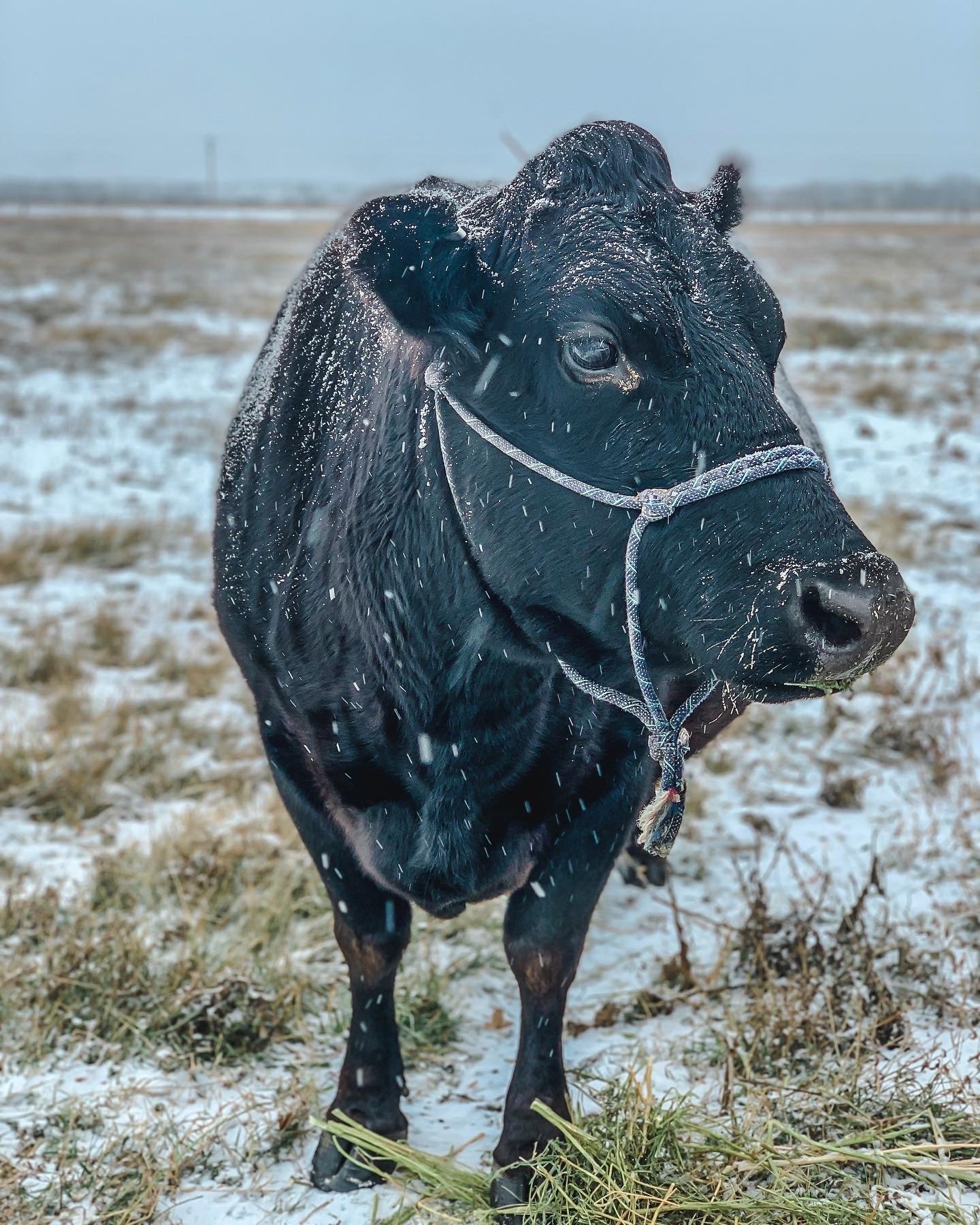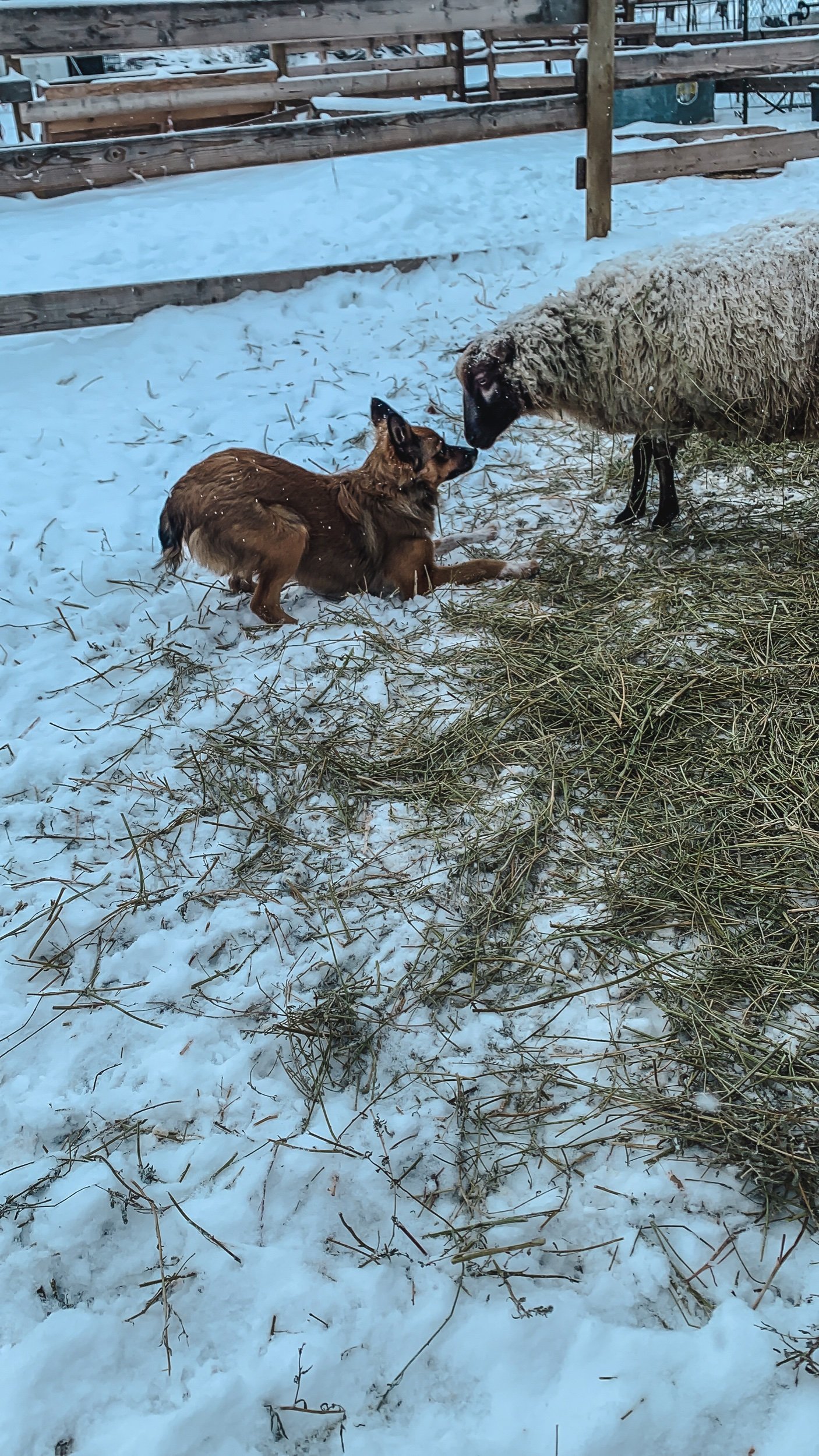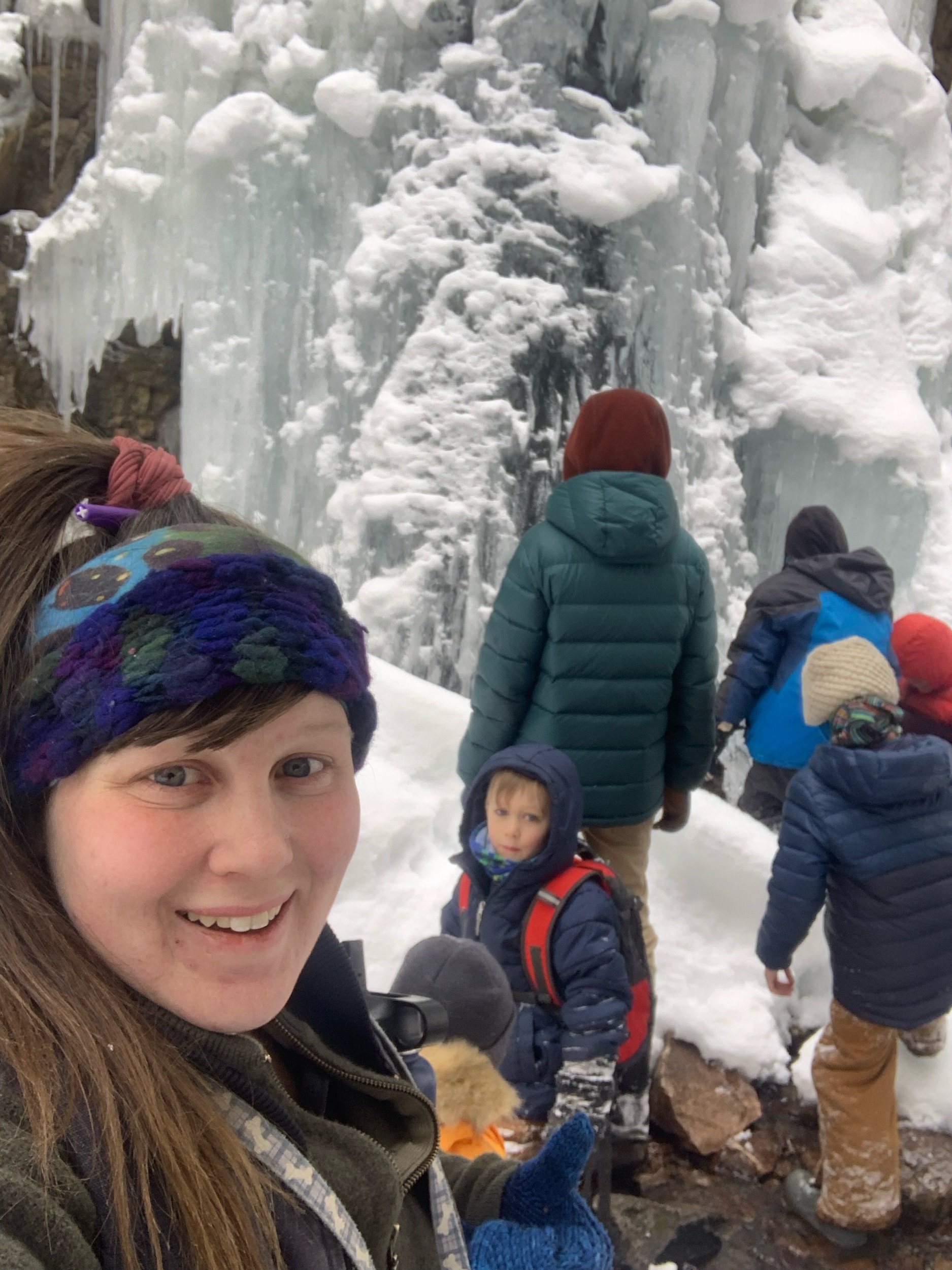On Stewardship, Slowness and Connection
When you look around at your life and the world, does it feel like you were made for abundant life? Some days it’s difficult, even for romantic, idealistic me to believe that wholeheartedly. It’s easy to let our attention get sucked in by conflict, painful things in our lives and others’, or even just complaining about the weather. One of my primary messages to the world is to keep our eyes open for the beautiful things, even amidst the difficult. Sometimes I seem a little overly optimistic or as if I’m pretending the hard things don’t exist. Today, I’m in the mood to talk about them both.
Another message I have hammered on for over a decade is that of being a global church in community and on mission. Trying to practice what I preach in that area has brought me through some of the most difficult and painful circumstances of my experience. And yet, I wouldn’t trade it for all the riches in the world. The costs of church on mission and regenerative farming feel parallel in some ways. Hopefully, I can explain it to you in some small way today.
Heathy newborn triplet lambs with mother Aspen.
Last night, one of our lambs died. We’ve lost chickens and senior dogs, but all of our medical struggles and emergencies with our livestock have ended well until now.
In both food production and church, many people feel content to remain disconnected. We can show up to a store or a church building, acquire what we think we need for the week and go home. If we’re willing to do a little research regarding what we consume and where it comes from, we might be able to ensure a little better quality, whether meat or word.
It’s much more difficult to get our own hands dirty though. I’ve often heard “That’s what we pay the pastor for.” and “We’re not all farmers, Elli.” In the latter, they’re right. Maybe we’re not all supposed to be farmers. But I do believe we’re all supposed to be more deeply connected to our food and God’s creation.
My children (and in fact, I’m equally guilty) accidentally shared the name of the cow we served dinner guests on Monday. The discussion was really about it being the last steaks from an animal we thought we’d eaten the last of. But naturally, because we raised the animal, the name came out. “This is Iris.” “I didn’t know we had any of her left!” After the exchange happened, I was a little embarrassed, but our company took it in stride. The fact is, whether or not we know the name of the animal we’re eating, it lived and died. The disconnection between meat-eaters and their meat is the precise reason for the ethical atrocities that arm animal activists with footage. Even a consumer who is not a farmer needs to understand their human responsibility as a steward. Whether you believe it’s by evolution or creation or some conglomerate of the two, the fact that you can read this places you in a position of responsibility. As an added bonus (or perhaps the main point for some of you), the better plants, animals and the land they’re grown on are stewarded, the better they are for you.
Within Christian living, getting our hands dirty looks like being fishers of men and iron sharpening iron. It can’t begin there of course. It has to begin with Jesus— knowing, loving and following him. I know first-hand how easy it is to soak up all of the amazingness of a relationship with the Living God and go about my business as if faith and consuming is all that is required of me. Those were the seasons in which it was hardest to experience abundant life, the beauty and the joy. Except for periods of much needed healing, laziness regarding mission and community left me feeling frustrated, lonely and discontent.
I wrote a post last year that warranted me several unfollows about there not being hobbits in Christianity. In short, though hobbits are exceptional little people, they prefer to eat, drink and be merry while ignoring the war that rages in the world around them. Until their very own shire was burning, they looked at hobbits who went on adventures with near (sometimes actual) contempt. I’ve been both the hobbit at home and the hobbit singed by dragon breath, receiving side eyes from my fellows. And in the last few years of adventuring, I’ve learned couple more things worth reporting.
FIrst, sometimes it’s really hard to know what to do. How do I go about this? Not everyone is wired to love addicts or feed the homeless. I’m here to say, “you’re right”. Even a year ago, I would not have had sympathy for you if you felt a lack of opportunity to serve. I would have told you to grow a pair and go do something with whatever God has given you. Today, God has grown sympathy on me because I see one of the major reasons this is so hard: lack of healthy christian community.
I know I’ve been ranting about Christian community forever, but in the last couple of years I’ve seen what difference it makes more than ever. Nic and I absolutely do not have what it takes to get the kind of ministry with which we serve with going. We don’t. Neither of us is administrative. (Thank you State Farm lady for being so patient, almost like a good neighbor.) But Carlos and Dorcas, two of our ministry partners did. And for a long time they did it alone. We desperately needed their endeavoring spirits and love for feeding people. They’ve provided an avenue to serve in ways we’ve dreamed of for nearly two decades.
A refreshing winter hike with fellow people-lovers.
If you feel like you don’t know where to start doing Kingdom work, then I would wager that you lack community to do it with. It’s a sickness in the church, especially the “western church”. Though you may not be at fault for the lack of connection with other believers, you can be part of the cure. In Christ, we can become the loving, evangelizing church God designed.
The difficulty is, it’s a cyclical problem. You need community to do ministry, but ministry is the very best community builder there is. You have to start somewhere. Our dear friends, Carlos and Dorcas didn’t start alone in serving to others, but they ended up that way for a time. And they were steadfast, determined to serve God in a community in desperate need of his light, even if they were alone in it. Eventually God brought others. And he brought generous hearts. And he provided us more than we could ever imagine— a property, a building. And he continues to bring us broken hearts and hungry bellies that need mended and fed.
Remaining disconnected from broken humans and animals that know a thousand ways to die may seem the easier route, but it’s infinitely less satisfying. Much like the health benefits from choosing regenerative farming, choosing to make disciples comes with incalculable benefits, life abundantly. We can all sit and remain “blissfully ignorant” consumers. I won’t pretend that there isn’t pain in watching an addict relapse or a child struggle in an incredibly difficult home. I won’t pretend that it’s easy to encounter my own flesh as we plow, sow and harvest alongside other believers. But friends, the growth and joy and drawing deep into Jesus is more bliss than any ignorance can pretend to give.
The beauty is there, even when the lamb is dead in the morning, even when it takes every ounce of faith to keep my hands on the plow, knowing I may never see the harvest in many of these lives. The beauty is in the rich weaving of hearts together. It’s an immensely nutrient-dense faith, because you poured yourself out for others for God’s glory because he loves them. And because brothers and sisters are pouring their hearts out with you.
When life is busy and demanding, I know it is so difficult to do things with intentionality. How many times have we all asked, “How could I possibly do more?” But stewardship often requires us to say no before we say yes. When I feel frustrated because people want more of me, often (though not always) it’s because I’ve said yes to using my time selfishly— for fun, for creativity, for the slowness that I preach to you all. I still regularly wrestle with my selfishness and the things I want and the comfort I could pursue. We have had to say no to many things in order to say yes to Kingdom work. Parenting complicates it even more— thinking about inconsistent bed times, exposure to darkness, my children’s spiritual development and other concerns as a mother.
On days like today, when my husband had had to leave home to be the hands and feet of Jesus, when the ducks almost freeze to death and the lamb is dead in the morning, there is abundant life. God holds the gift of the great commission out to all of us, an abundant life. It requires new vision to see that the richest gift is God himself.
In his small but powerful book, Paths to Power, A. W. Tozer writes this:
“The fallow field is smug, contented, protected from the shock of the plow and the agitation of the harrow…It can be counted on to remain always the same while the fields around it change from brown to green and back to brown again. Safe and undisturbed, it sprawls lazily in the sunshine, the picture of sleepy contentment. But it is paying a terrible price for its tranquility: Never does it see the miracle fo growth; never does it feel the motions of mounting life nor see the orders of nursing seed nor the beauty of ripening grain.”
He goes on to say that
“He has fenced himself in, and by the same act he has fenced out God and the miracle.” and “The miracle of God went when and where his people went; it stayed when his people stopped.”
If you follow me on social media, you know that I’m all about enjoying the adventure. I post pictures and drawings of mountains, flowers, waterfalls, rich stories, adorable children and animals and regularly preach a gospel of God’s beauty all around us. I could not enjoy all of this beauty to the fullest if I didn’t have work— physical and spiritual, satisfying and painful— to contrast it with. I challenge you to find joy by pressing into the work. How are you taking, or how will you take up the plow and its sweaty brow and blistered hands to find the abundant life that results?






